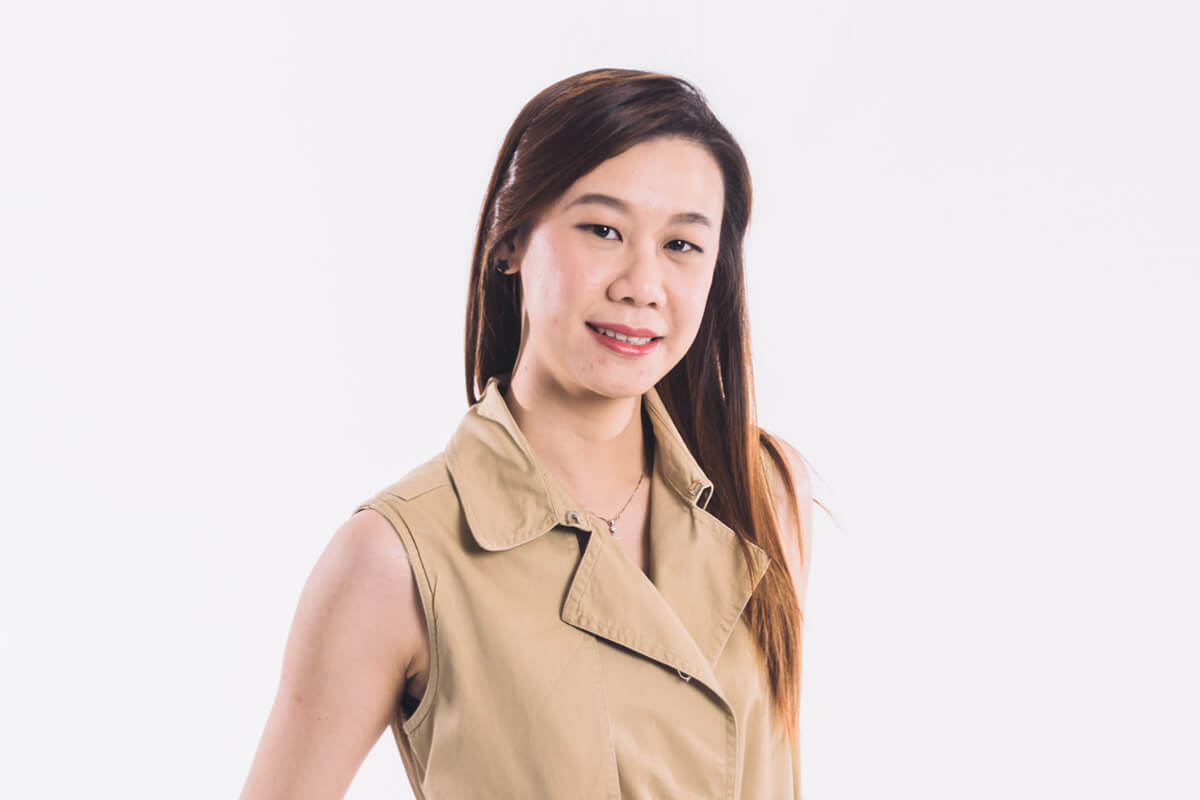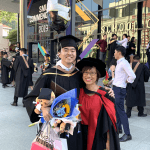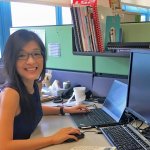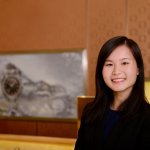By Singapore Management University
After working for PwC in Singapore for six years, Fony Tasani Njauw was keen to improve her technical accounting knowledge and become a chartered accountant. “I decided to take a Master of Professional Accounting (MPA) programme because I was working in the external audit department and the technical requirements were pretty intense,” she says.
Singapore Management University’s (SMU) MPA appealed to her for a number of reasons, not least of which was the fact that it welcomes people who do not already have an accounting degree.
Fony, who did her first degree in business, recalls, “When I first started it was a very steep learning curve, but SMU does a lot to help students who aren’t from an accounting background. We could book the lecturers’ time to go through things we found difficult to understand. The lecturers were always happy to stay and help us. It really motivated us to study more.”
Fony was impressed with the calibre of SMU’s faculty, many of whom were senior industry practitioners. “My corporate tax modules were taught by a tax leader from Deloitte and the lecturer for the audit class was a partner at EY,” she says.
She also enjoyed SMU’s teaching style, which included the use of real case studies to give students a feel for using their new skills in practice. “SMU is unique in terms of its methods of teaching, with lecturers encouraging students to ask questions and debate the issues,” adds Fony. “There was also a lot of group work, where students could share ideas and challenge each other to justify their point of view.”
Fony particularly remembers a module on corporate taxation, in which students were divided into small groups and given the accounts of a real company to work on. “We had to assess the tax structure of the firm and look at its pros and cons, and then put forward recommendations,” she says.
But Fony didn’t just acquire technical skills on the programme; she gained soft skills too. “The various projects we had to do and the discussions we had helped me to be able to articulate my views and ideas. I learnt how to work well with other people,” she says.
She adds that these skills have been invaluable to her in the new role she secured as a regional finance manager with the US Embassy after completing her MPA.
Fony says her learning experience at SMU was also enhanced by the diversified professional backgrounds of fellow students. One of her classmates was employed by the Monetary Authority of Singapore, for example, and knew a lot about the technical side of corporate financial reporting. Another student worked for the Singapore Exchange and was able to share her experience of working in financial management.
“Everyone was very open to share with each other and help each other. When we worked in a group on a project, we had a lot of different perspectives and ideas. It was very meaningful,” she says.
Another aspect of the programme that attracted Fony was the fact that, alongside its full-time option, it could be taken on a part-time basis, with lectures held in the evenings. Even so, she says students who are juggling full-time work and studying need to be very dedicated. “Time management is important. I sometimes had to wake up early to read the textbooks. On the weekends, I had to focus on the group project because that was the only time we could meet up together,” she says.
Lim Yong Ciat, an entrepreneur who is currently studying the MPA part-time, agrees that planning is key to making a success of the degree. But he adds that it’s exciting to be back in university again, and his cohort is a good blend of older students, who bring their experience in the workplace to the course, and young graduates filled with aspirations and energy.
His advice to working professionals thinking of doing the Masters is: “Find a reason why you really want to do this Masters, and remember it. When the going gets tough, go back to that reason. It will get you through. After all, tough times don’t last, tough people do.”
Now that she has graduated, Fony also intends to pursue a qualification in chartered management accounting, as well as gaining charted accountant status. “The SMU MPA programme covers the relevant fundaments for a variety of the certifications for chartered accountants, so you just have to do the professional papers,” she adds.
In fact, SMU MPA is the most recognised graduate qualification in accounting in Singapore, with accreditations from 11 different regulatory, professional and academic bodies, many of which offer exemptions to graduates of the programme.
Fony’s advice to anyone considering doing the SMU MPA programme is to “just go for it”. “It’s a very good programme to build up your technical accounting skills,” she says. “While at the beginning it will be a very steep learning curve, if you put in the effort it’s really worthwhile.”
This article was originally published on eFinancialCareers.








